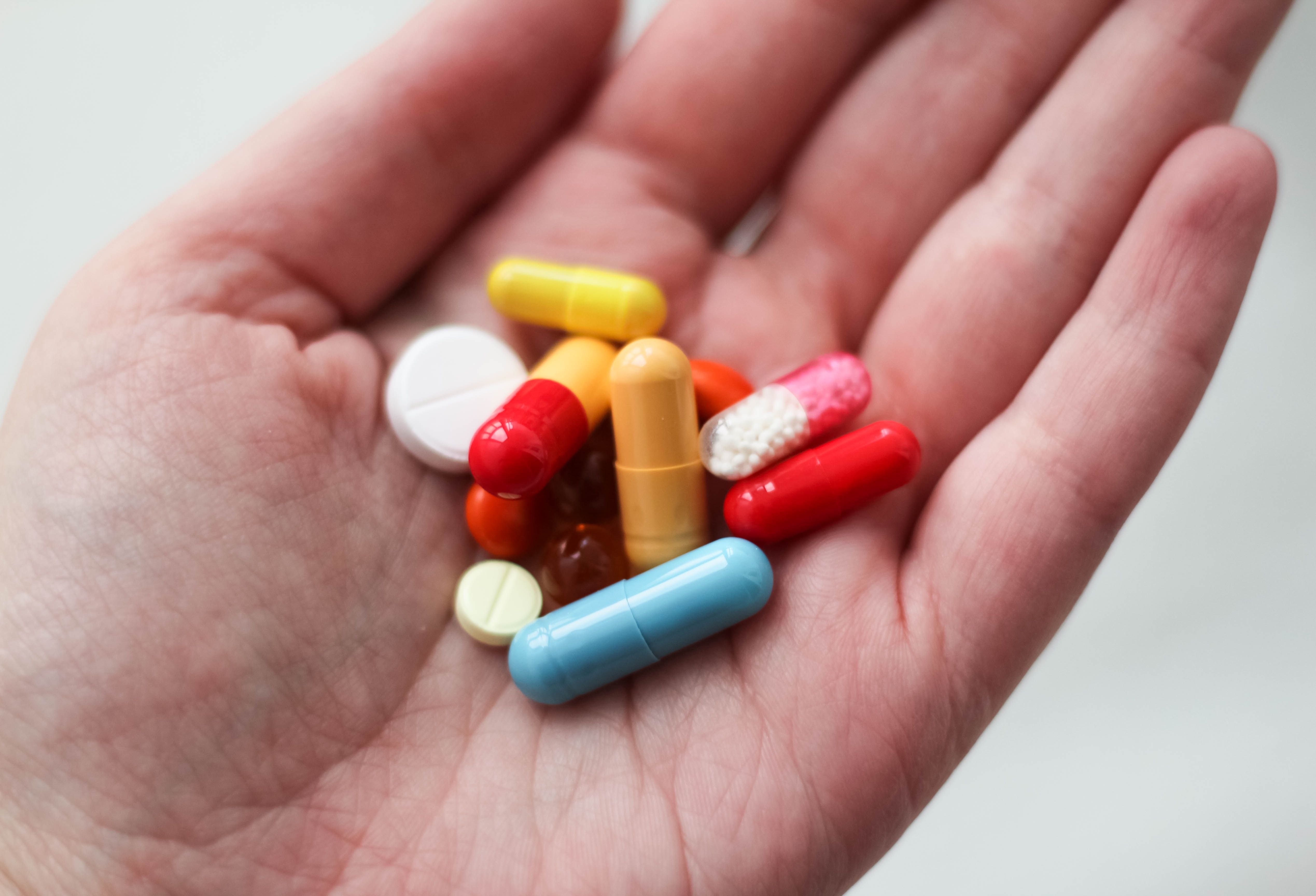Medications 101 : What Medicines Do To Our Body
 Credit: Imgur
Credit: Imgur
Throughout our lives, we have been taking medications of all sorts and types.
From a one time simple paracetamol to our daily doses of diabetes tablets, medicines have become an inseparable part of our lives.
But have you ever wondered how do they work ?
Do you think it's true that all medications cause side effects?
Even if you are not a student of health, it is a good idea to have a general understanding about how medicines work and what they do to our bodies.
This article shall discuss the basic idea of how medicines work, what causes side effects and why it is necessary to take professional advice before taking medicines.
1. Medicines work via Receptors

Receptors , as the name itself states, are molecules that receive specific chemicals or substances.
Throughout our cells in our bodies, we have receptors. Some of them are present on the cell membrane, while others are present on the nucleus and inside the cell.
There are various types of receptors : ligand-bound receptors, G- protein receptors, enzyme-linked receptors , but basically, they work through the same principle.
So, when the medicine reaches the receptor, it binds and activates the receptor, which is called intrinsic activity.
The strength of the bond between the medication and the receptor is known as efficacy, which depends on the number of the receptor and the intrinsic activity.
The stronger the efficacy, the more potent is the medications. This means the medicine can produce an effect even with a relatively smaller dose.
2. All medicines cause Side-effects
 Write an image caption
Write an image caption
Each of our cell has numerous receptors. Theoretically, each medication should be specific to a particular receptor, like a code for a particular locker.
However in reality, no drug or medication is 100 % specific , so along with the receptor it should bind with, it also binds with other receptors causing side effects.
This is the main cause of side effects.
So, it is true that every medicine causes side effects, which depends on the medication, the number of receptors and their affinity.
3. Repeated Intakes Can Lead to Resistance
 Write an image caption
Write an image caption
You must have heard about drug-resistance viruses and diseases. So, how do they take place?
First of all, viruses and bacteria evolve like any other living beings. To survive , like us they too evolve , and with time many become resistant to drugs.
However, if we take the same medicine in the same dose for a long period of time, it can worsen this resistance.
This is due to tolerance and downregulation. Long-term chronic exposure to medications cause a decrease in the number of receptors as well as decreased synthesis of new ones.
As a result, the efficacy of the medication decreases, leading to tolerance and drug resistance.
This means if you regularly take medications when they are not necessary, you are at increased risk of drug resistance.
Interestingly, medicines are often referred to as drugs. They heal us if taken in the right amount under professional guidance. Else they cause a series of reactions and interfere with our normal body function causing health problems and drug resistance.
So, the next time you decide to take another pill for comfort, do remember that it might have serious long-term impacts including drug resistance and even hazardous reactions.
Take medications, but consciously and under proper medical guidance!
References:
https://www.sydney.edu.au/news-opinion/news/2016/04/29/explainer--how-do-drugs-work-.html
Appreciate the creator